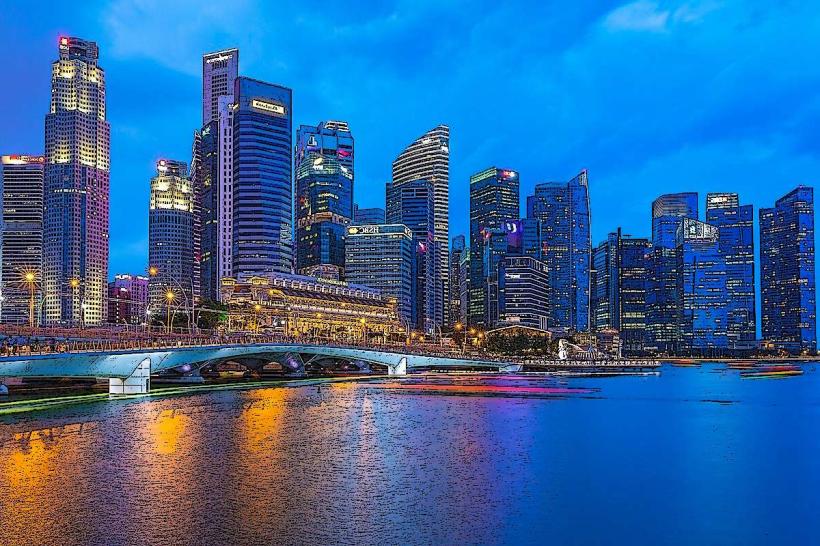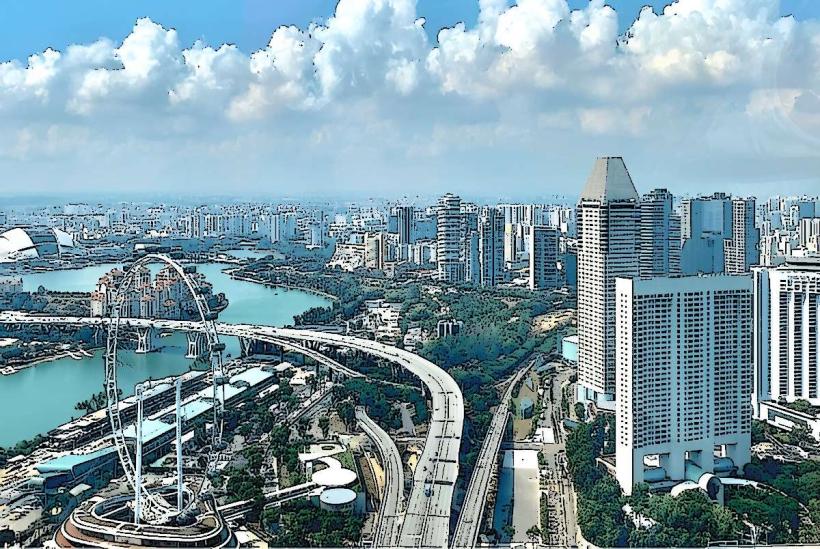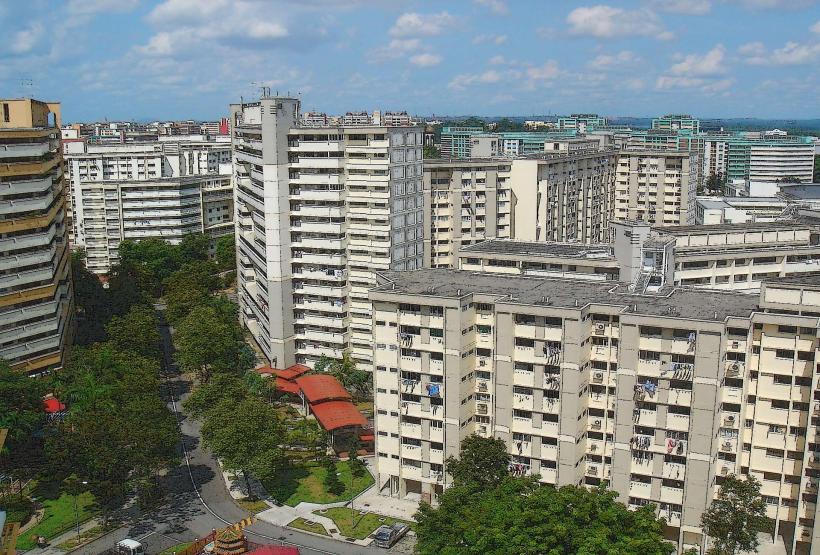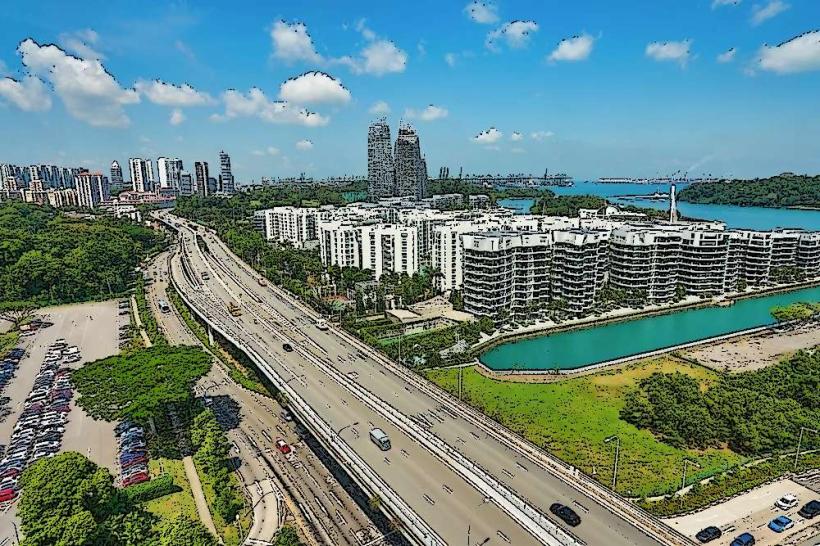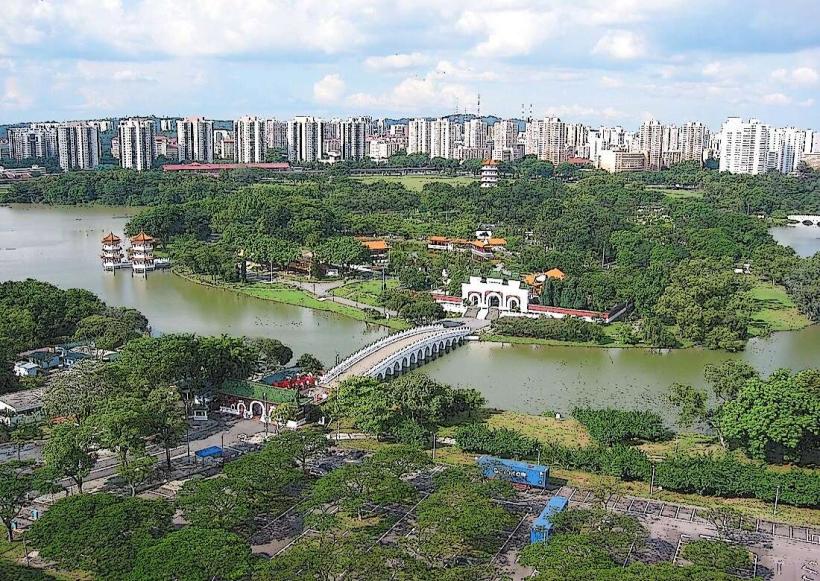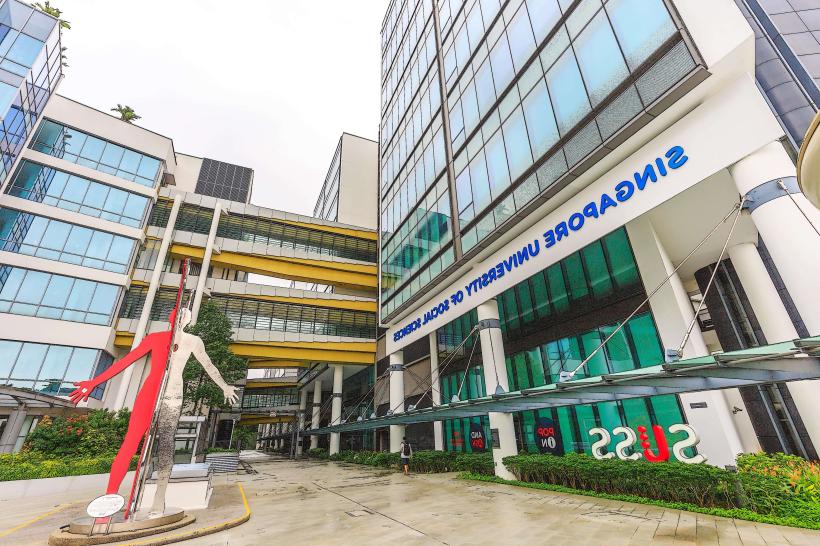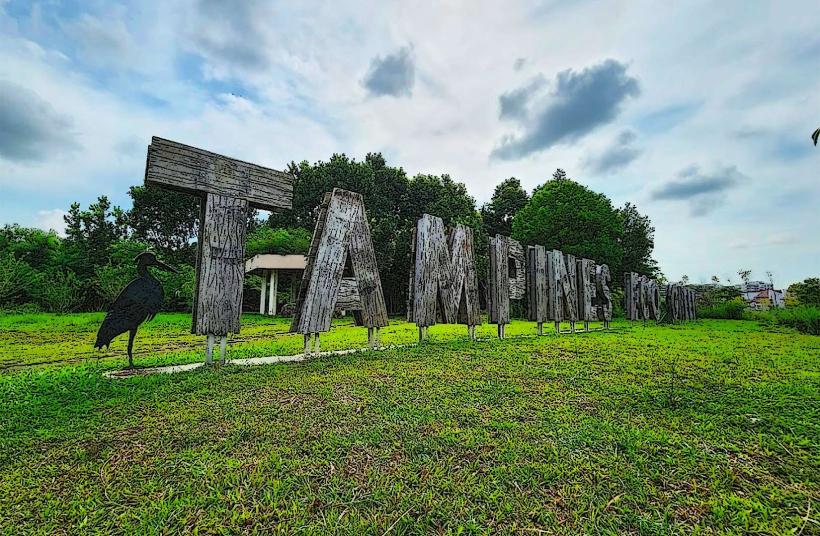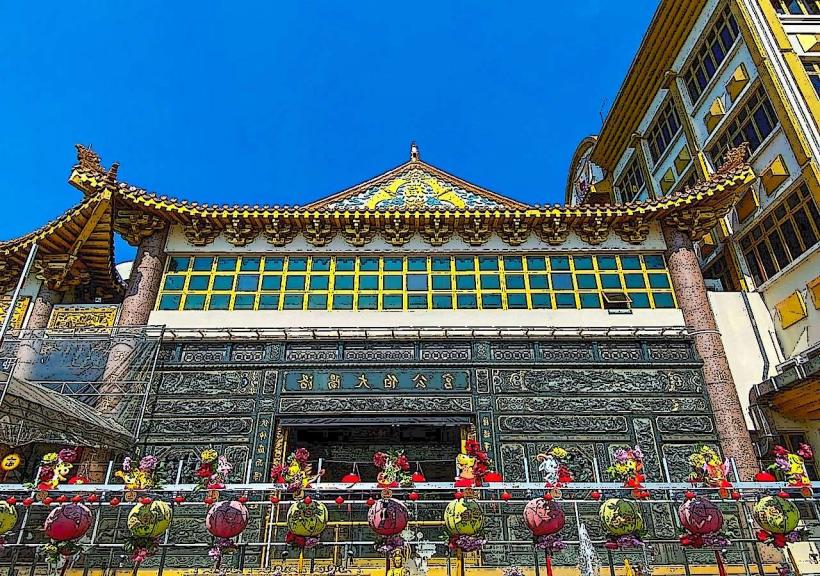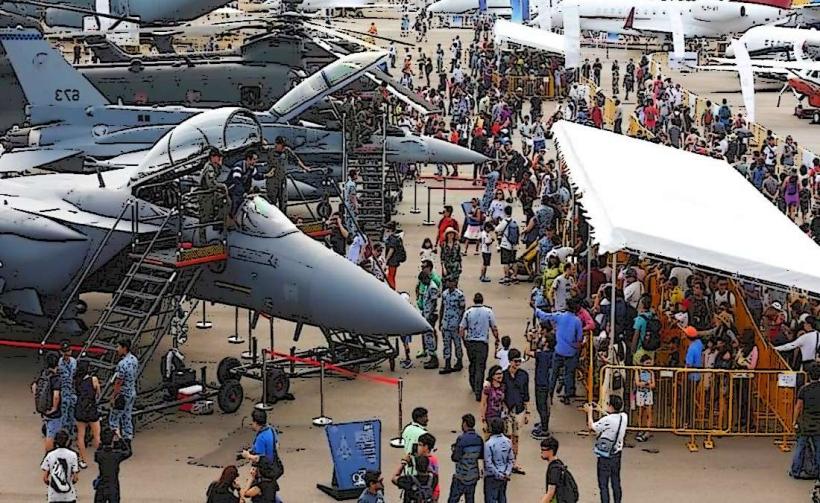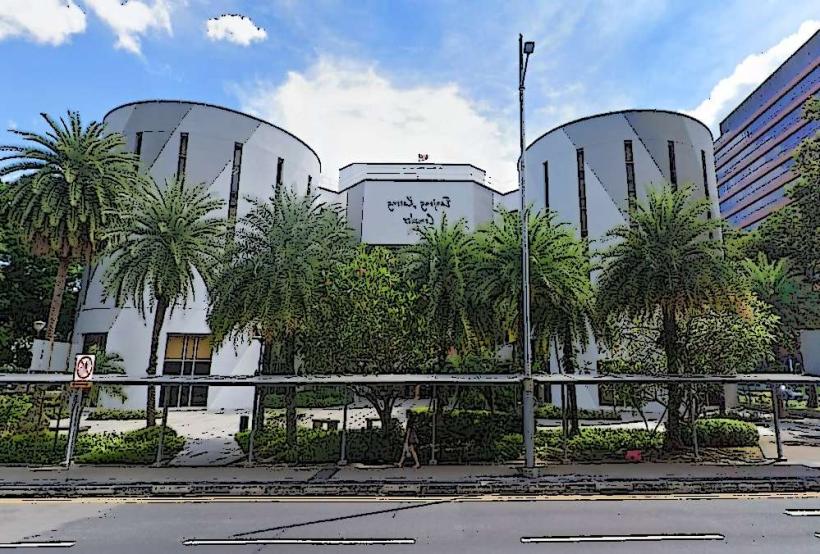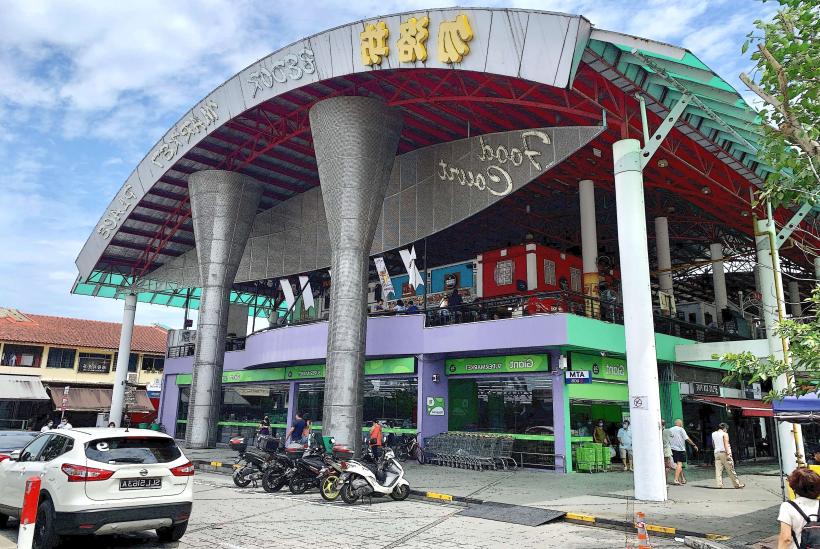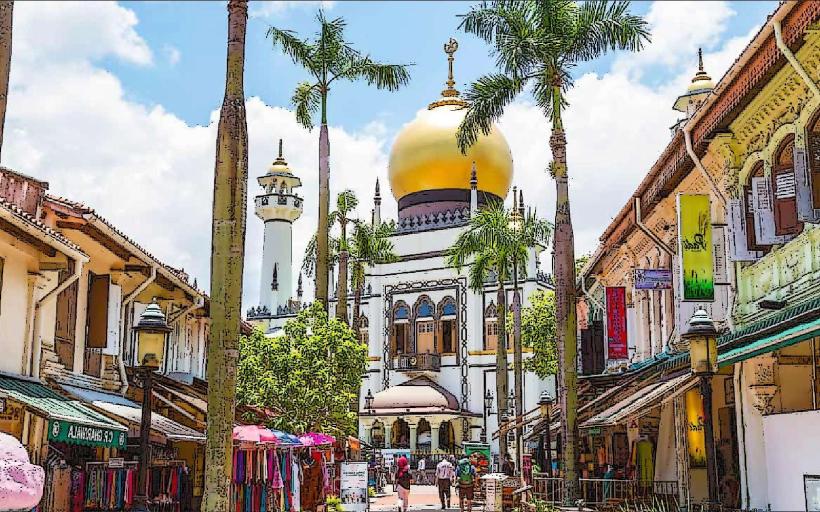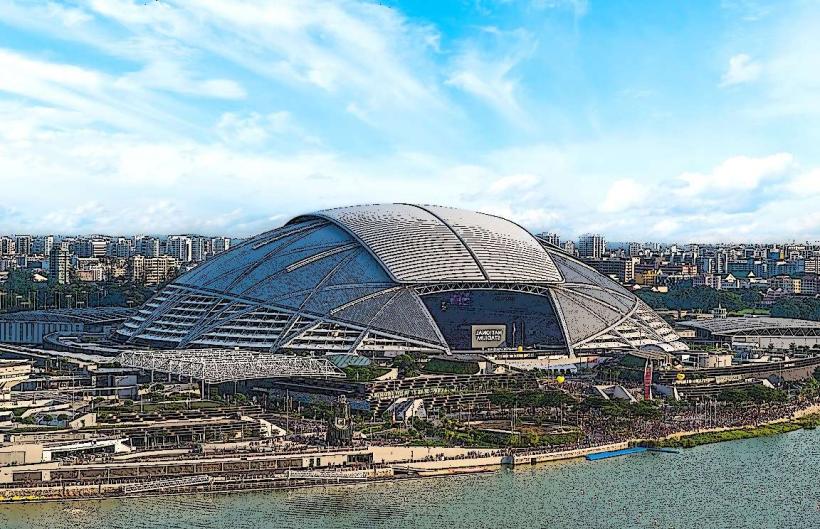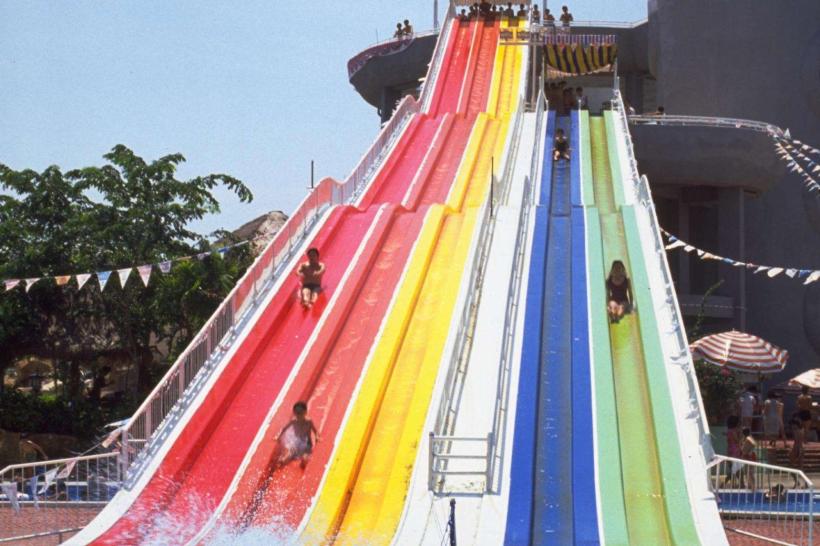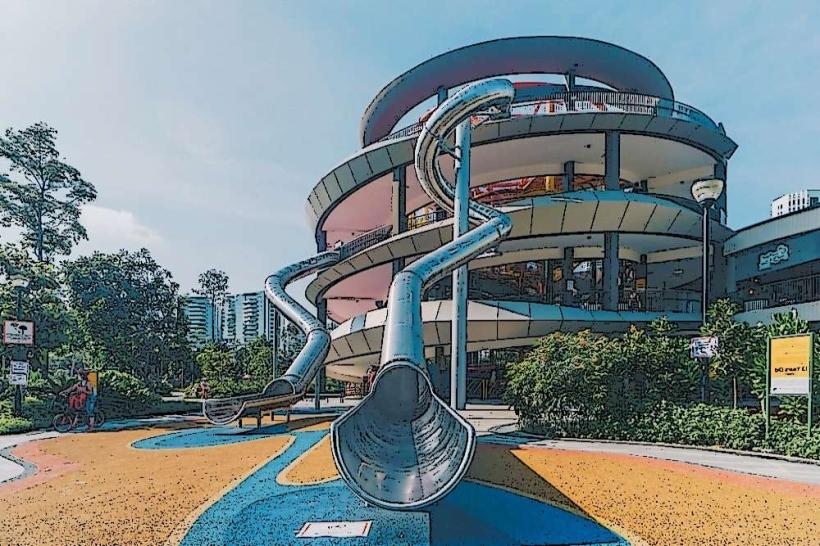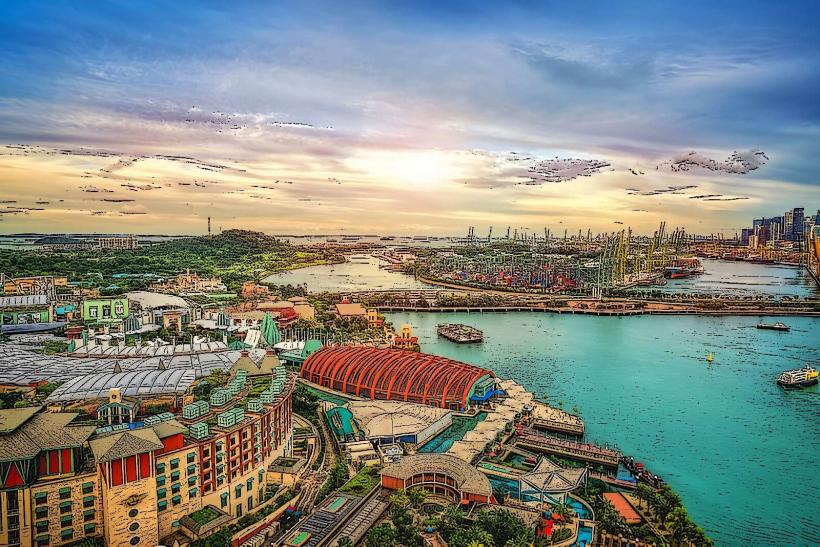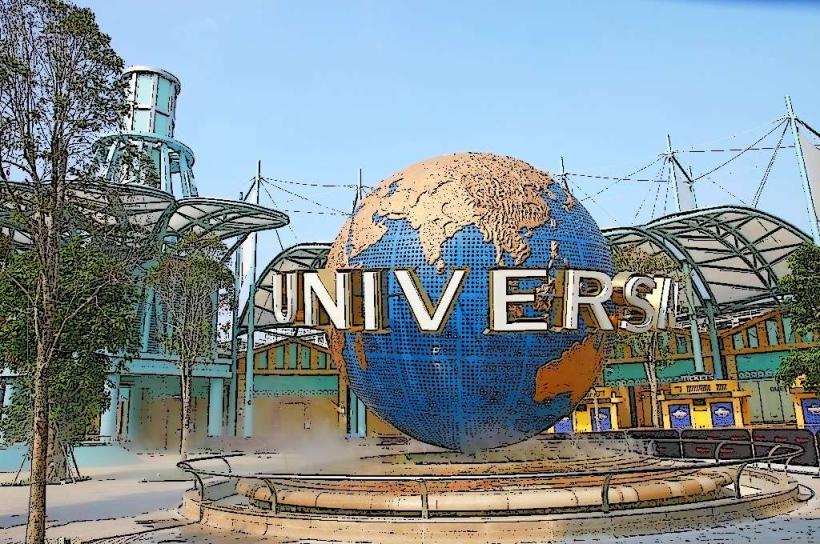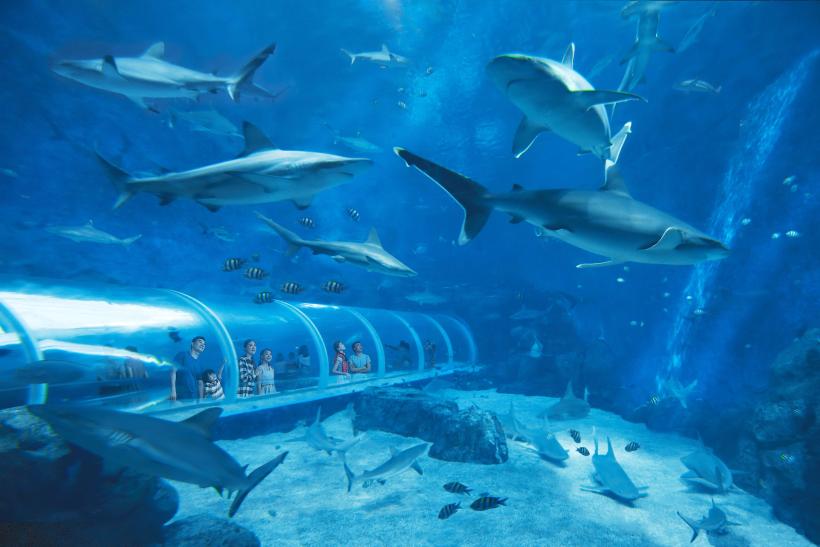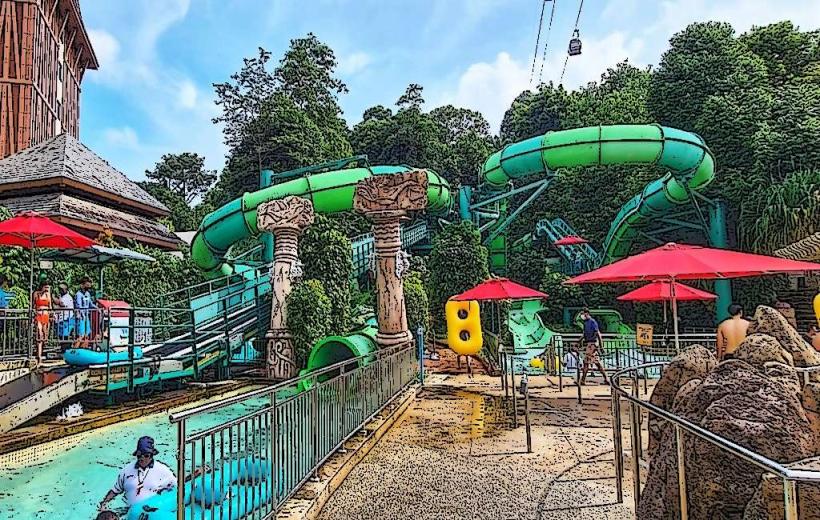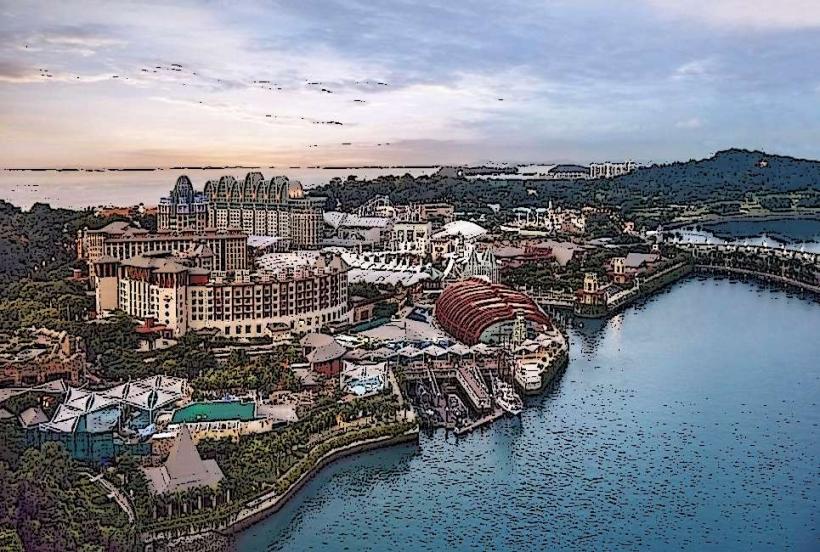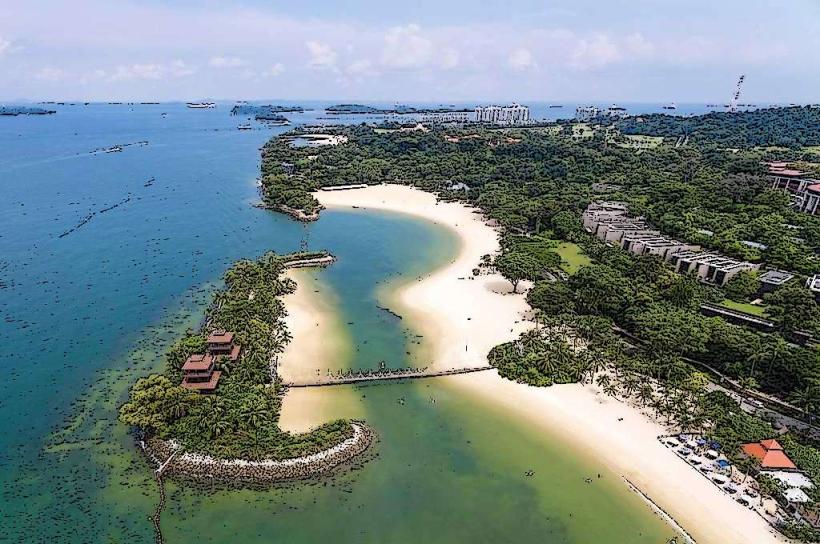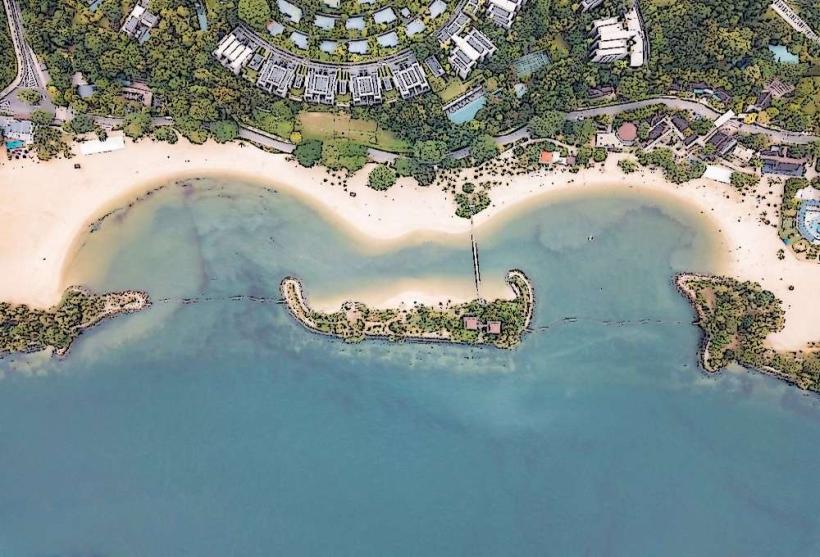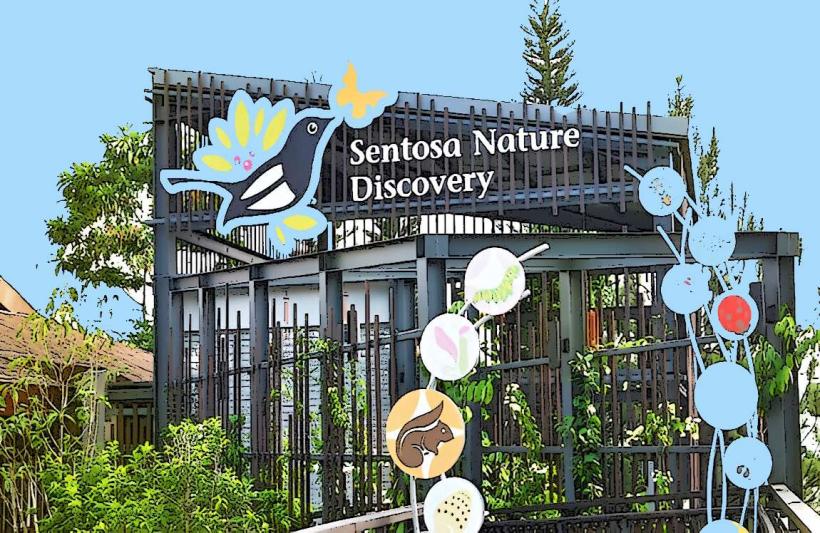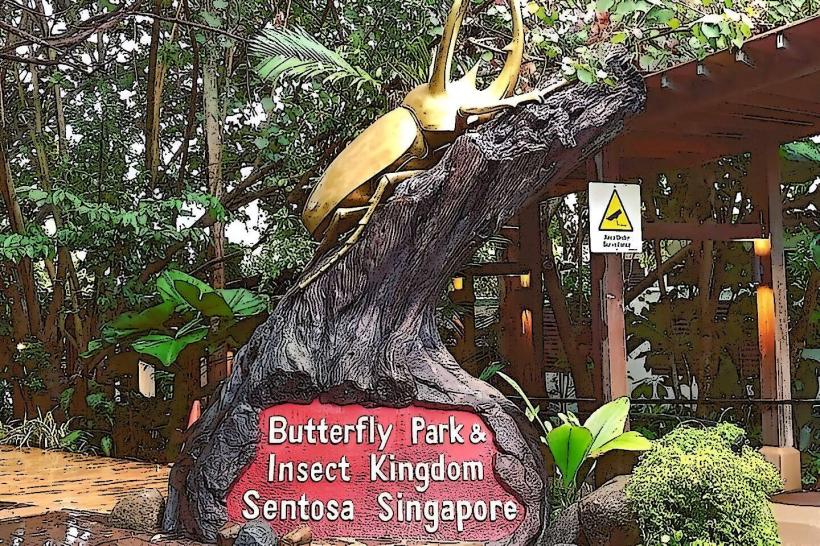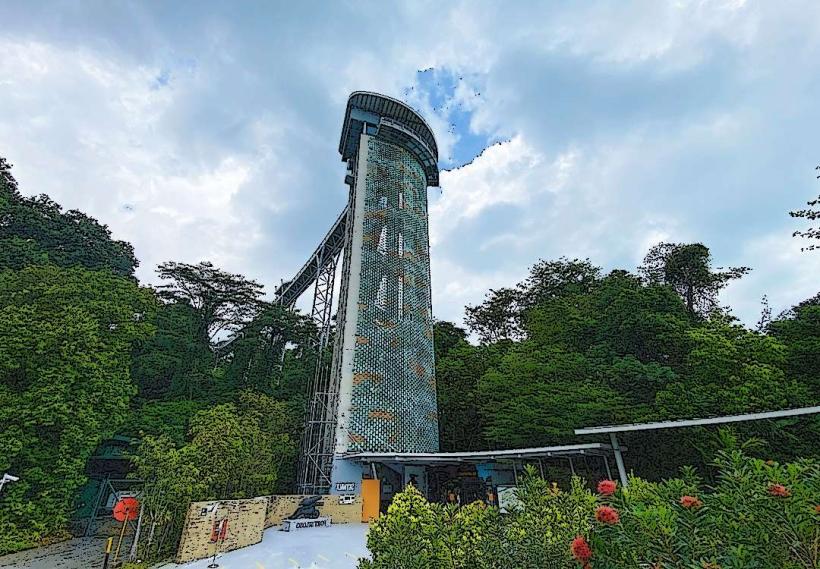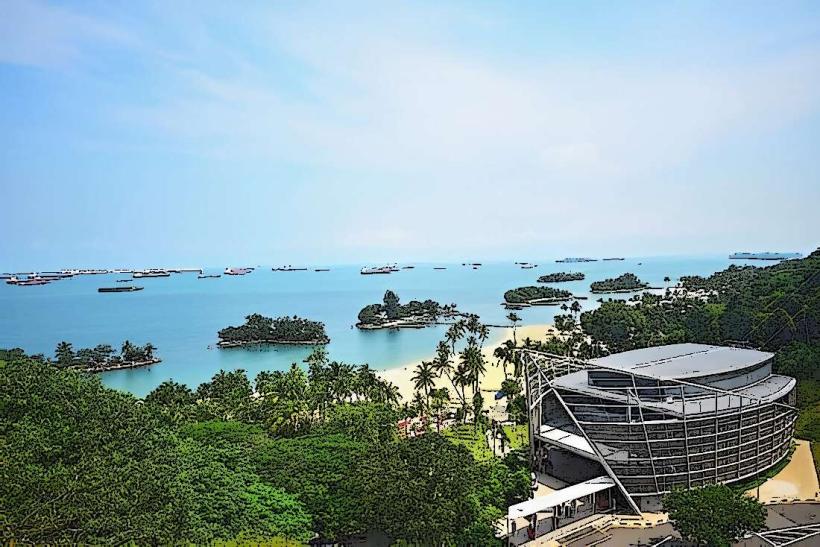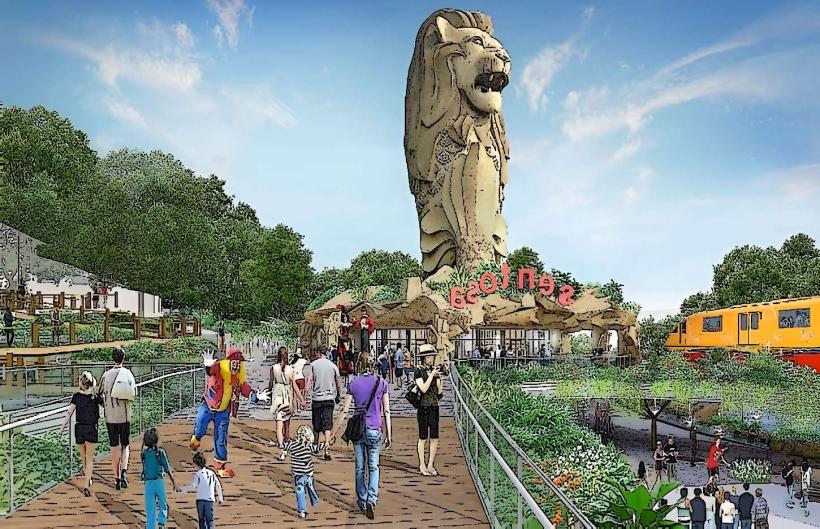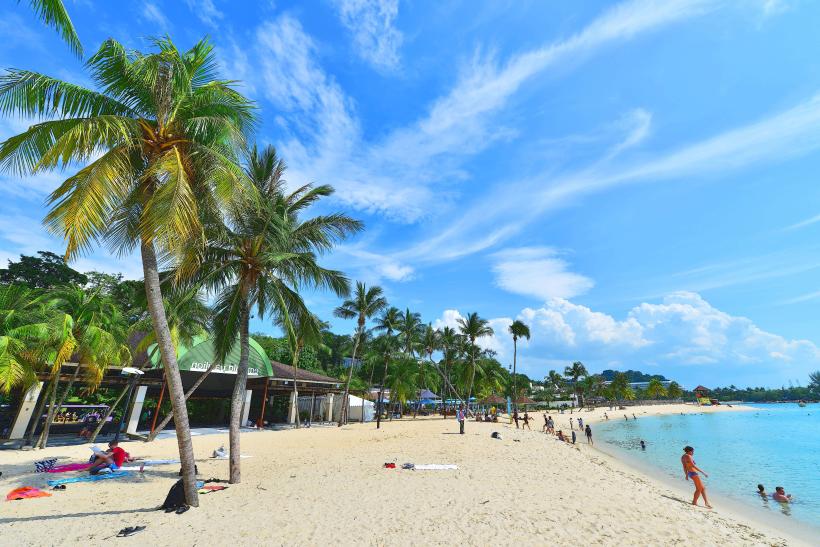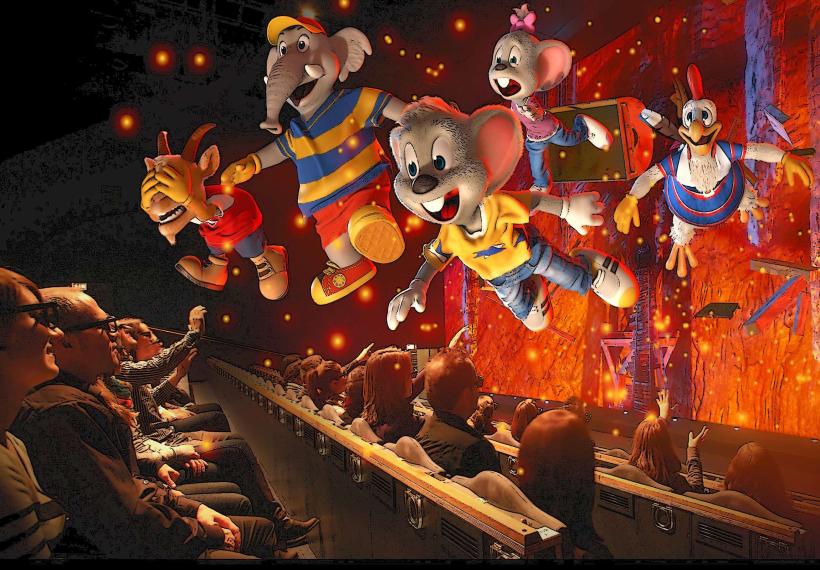Information
Country: SingaporeContinent: Asia
Singapore, Asia
Singapore is a sovereign island city-state in Southeast Asia, located at the southern tip of the Malay Peninsula. It is a global hub for finance, maritime trade, and technology, characterized by its highly developed market economy and "Smart Nation" infrastructure; the capital is Singapore.
Visa & Entry Policy
As of January 11, 2026, EU, US, and UK passport holders are granted visa-free entry for tourist or business stays of up to 90 days (though this may be reduced to 30 days at the discretion of immigration officers).
SG Arrival Card (SGAC): All travelers must complete the electronic SG Arrival Card with a health declaration within three days prior to arrival.
Requirements: A passport valid for at least six months, proof of onward or return travel, and evidence of sufficient funds.
Biometrics: Multi-modal biometrics (iris, face, and fingerprints) are recorded for all travelers at both entry and automated departure gates.
Language & Communication
Singapore has four official languages: English, Malay, Mandarin Chinese, and Tamil.
English: The primary language of administration, education, and business. English proficiency is native/high.
Singlish: A unique English-based creole incorporating elements of Malay and various Chinese dialects is the dominant informal vernacular.
National Language: Malay remains the ceremonial national language.
Currency & Payment Systems
The official currency is the Singapore Dollar (SGD).
Digital Payments: Singapore is a global leader in cashless transactions. PromptPay and SGQR (a unified QR code) are universal across all sectors, from luxury boutiques to hawker centers.
CBDC Pilot (2026): As of January 2026, the Monetary Authority of Singapore (MAS) has launched a pilot for tokenized government bills settled using a wholesale Central Bank Digital Currency (CBDC).
Cash: While still accepted, cash is increasingly rare in urban centers. "EZ-Link" or contactless bank cards (Visa/Mastercard) are required for all public transit.
National Transport Grid
Rail (MRT): As of early 2026, Circle Line Stage 6 (CCL6) is in its final commissioning phase, adding three stations (Keppel, Cantonment, Prince Edward Road) to close the loop between HarbourFront and Marina Bay.
Cross-Border (RTS Link): The Johor Bahru-Singapore Rapid Transit System (RTS) Link is scheduled for completion by the end of 2026, with a target launch for January 1, 2027.
Autonomous Shuttles: By mid-2026, residents in Punggol and Jurong will have access to three permanent autonomous shuttle routes integrated into the public transport network.
Air: Changi Airport (SIN) remains a primary global transit hub; as of 2026, a "sustainable aviation fuel levy" is applied to all departing passengers.
Digital Infrastructure
5G/6G: 5G standalone (SA) coverage is 100% nationwide. As of 2026, the Future Communications Programme has accelerated commercial 6G research and development trials.
Smart Nation 2.0: 99% of government services are digitized. Singpass (digital identity) is mandatory for accessing both public and most private sector services (banking, telecommunications).
Connectivity: Fiber-optic (10Gbps) broadband is the standard for residential and commercial infrastructure.
Climate & Seasonality
Singapore has a tropical rainforest climate with high humidity and year-round rainfall.
Northeast Monsoon (Nov–Mar): Characterized by frequent heavy rain and slightly cooler temperatures ($24°C–30°C$).
Southwest Monsoon (Jun–Sep): Generally drier but subject to short, intense thunderstorms.
Haze: Periodic transboundary haze from regional agricultural burning can affect air quality (PSI levels) between July and October.
Health & Safety
Singapore has one of the world's highest safety ratings.
Laws: Penalties for drug possession, including cannabis, remain severe (imprisonment, caning, or execution). Chewing gum sale remains restricted.
Health: Tap water is potable and of extremely high quality. Dengue fever is the primary mosquito-borne risk; "Project Wolbachia" (releasing sterile mosquitoes) is used for mitigation.
Emergency: Police 999; Fire/Ambulance 995.
Top 3 Major Regions & Cities
Central Area: Hub: Orchard/Marina Bay (Business/Finance/Tourism).
Jurong Lake District: Hub: Jurong East (Second CBD/Innovation).
Changi & East Coast: Hub: Tampines (Aviation/Logistics/Residential).
Local Cost Index
1L Water: 1.50 SGD ($1.12 USD)
1 Domestic Beer (0.5L): 6.50 SGD ($4.85 USD)
1 SIM Card (10GB+ Data): 20.00 SGD ($15.00 USD)
Facts & Legends
Singapore is one of only three city-states in the world (alongside Monaco and the Vatican). The Merlion, a mythical creature with a lion's head and a fish's body, is the national personification. Local legend attributes the island's name to a 14th-century prince, Sang Nila Utama, who allegedly spotted a lion (likely a tiger) and named the island "Singapura" (Lion City). Geologically, Singapore has increased its land area by over 25% since independence through extensive land reclamation.

